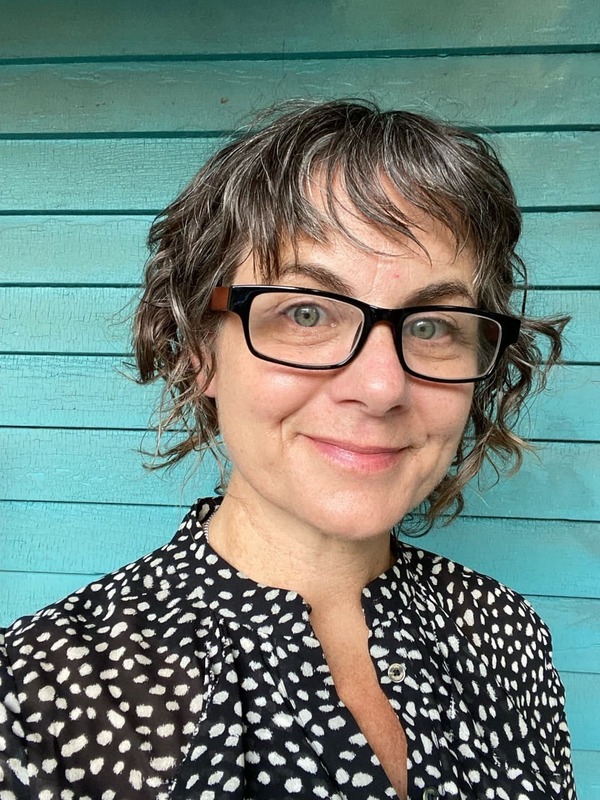
Making Better Numbers: Ten Years of Collaboration Between Ethnography and Epidemiology
Abstract:
This talk describes ten years of collaboration between critical medical anthropology and epidemiology through an environmental health study in Mexico City. The goal of our collaboration has been bioethnography – the co-production of knowledge about the relationship of inequality to health, without categorizing data as biological or social in advance. While our collaborations have faced challenges in disciplinary, funding and research realms, we have had success in producing knowledge that speaks across the life and social sciences divides and to public policy. One of our key aims has been to “make better numbers.” Numbers are necessary within policy making and life science worlds. For anthropology , one question is, can bioethnography make numbers that are truly tethered to the complex relationships that hold health conditions and inequality in place? And then, once these relationships are apprehended can they be remade while remaining attentive to the complexity that brought them into being?
Elizabeth F.S. Roberts is a professor of anthropology at the University of Michigan, who investigates scientific and public health knowledge production and its embodied effects in Latin America and the United States. She currently collaborates with engineers and environmental health scientists in the United States and Mexico as part of two ongoing team-based projects in Mexico City that she directs: “Mexican Exposures: A Bioethnographic Approach to Health and Inequality” and “Neighborhood Environments as Socio-Techno-bio Systems: Water Quality, Public Trust, and Health in Mexico City” (NESTSMX). In these projects, she and her team trace the looping social, economic, biological, and technical processes that shape everyday life, health, and inequality in working class neighborhoods. One of the key aims of Professor Roberts’ current work is the development of bioethnography, a method that combines social and life sciences approaches in order to make better knowledge about health and inequality. Dr. Roberts’ earlier research focused on assisted reproduction in the United States and Ecuador, reproductive governance in Latin America, and transnational medical migrations. She is the author of the book God’s Laboratory: Assisted Reproduction in the Andes (U.C. California Press 2012) and is currently finishing a book manuscript on addiction entitled: In Praise of Addiction: Devotion and Defiance in a Damaged World.